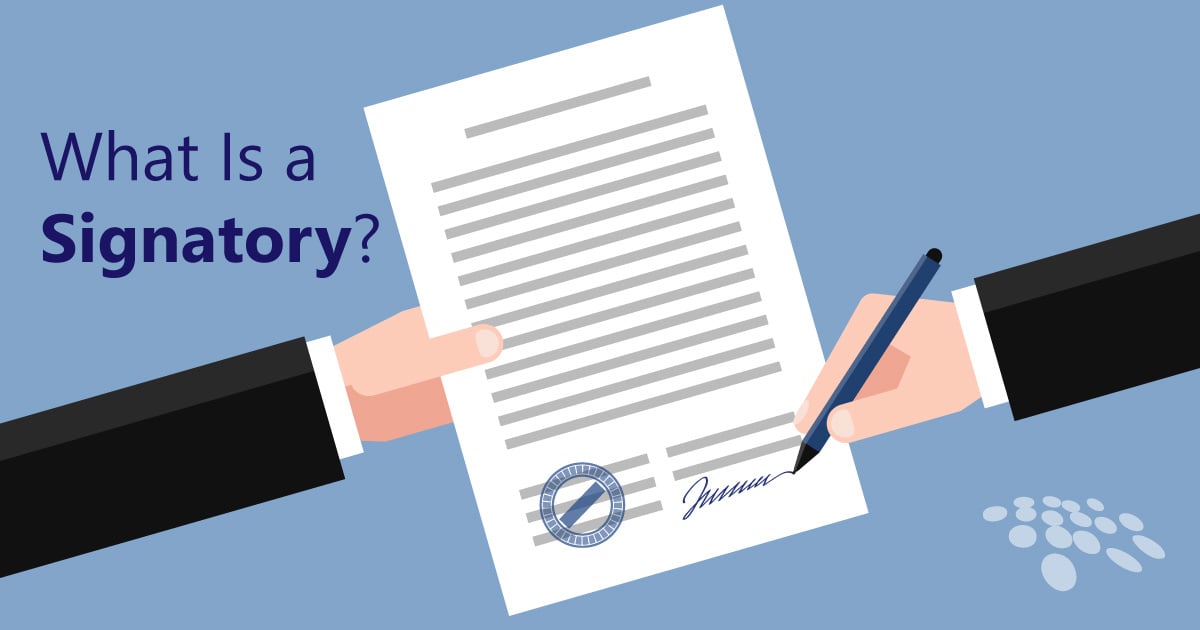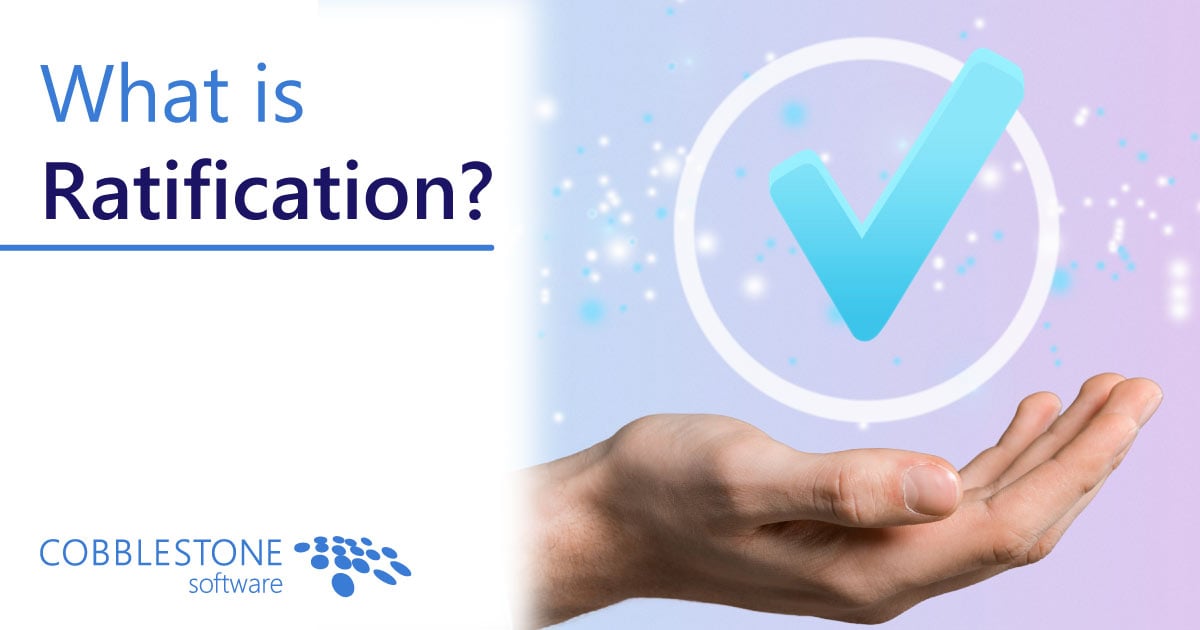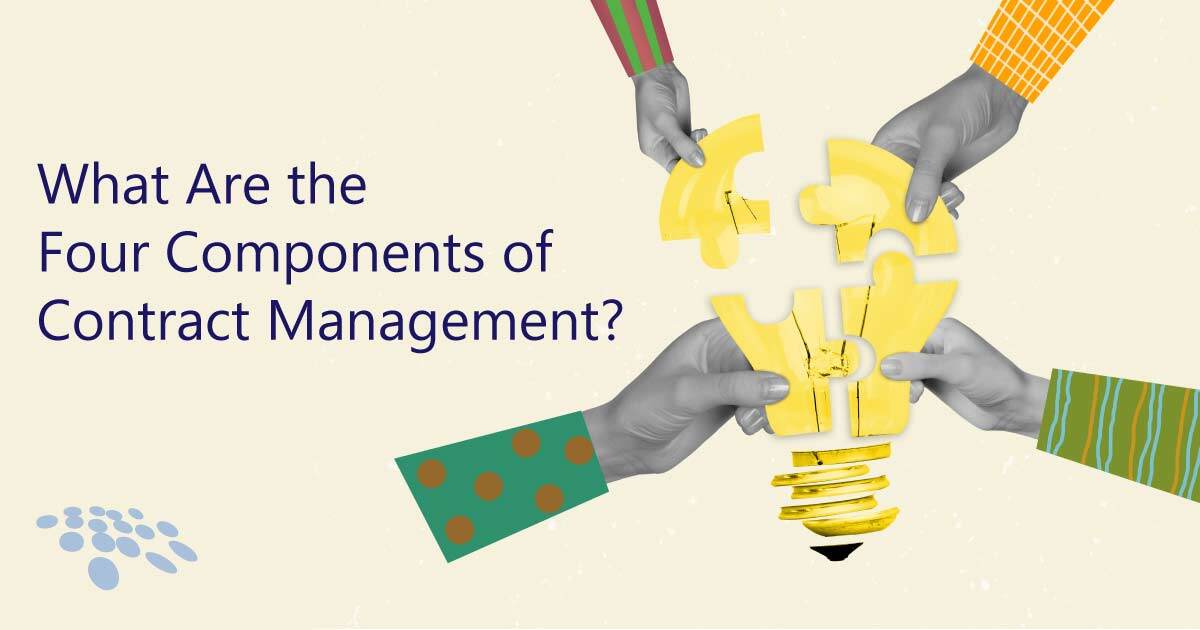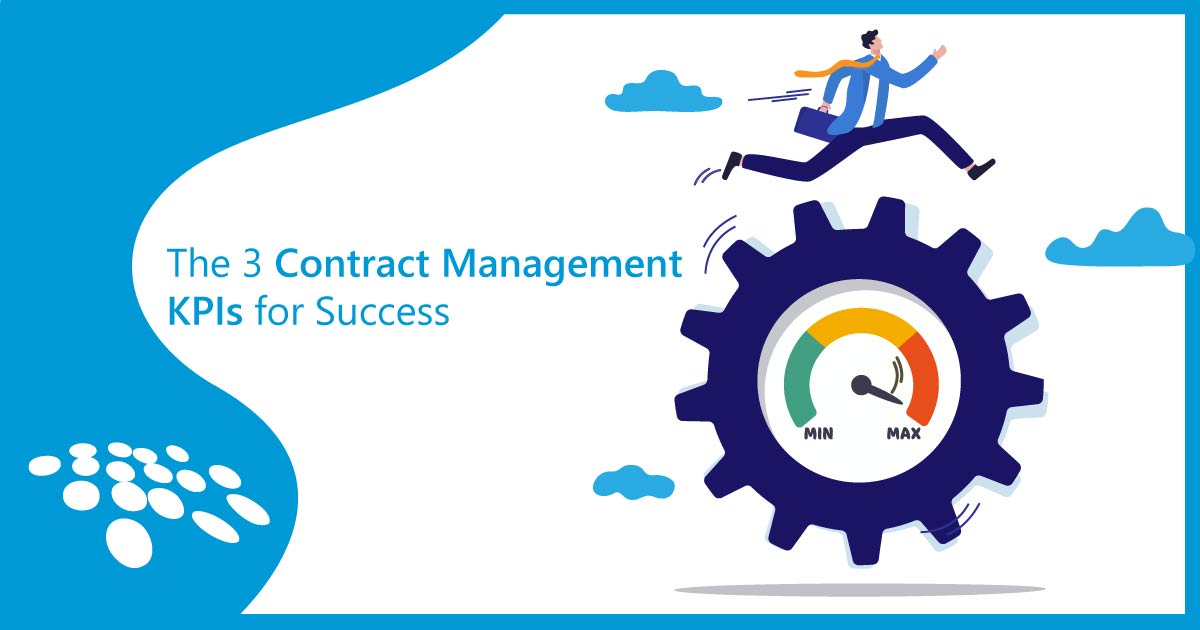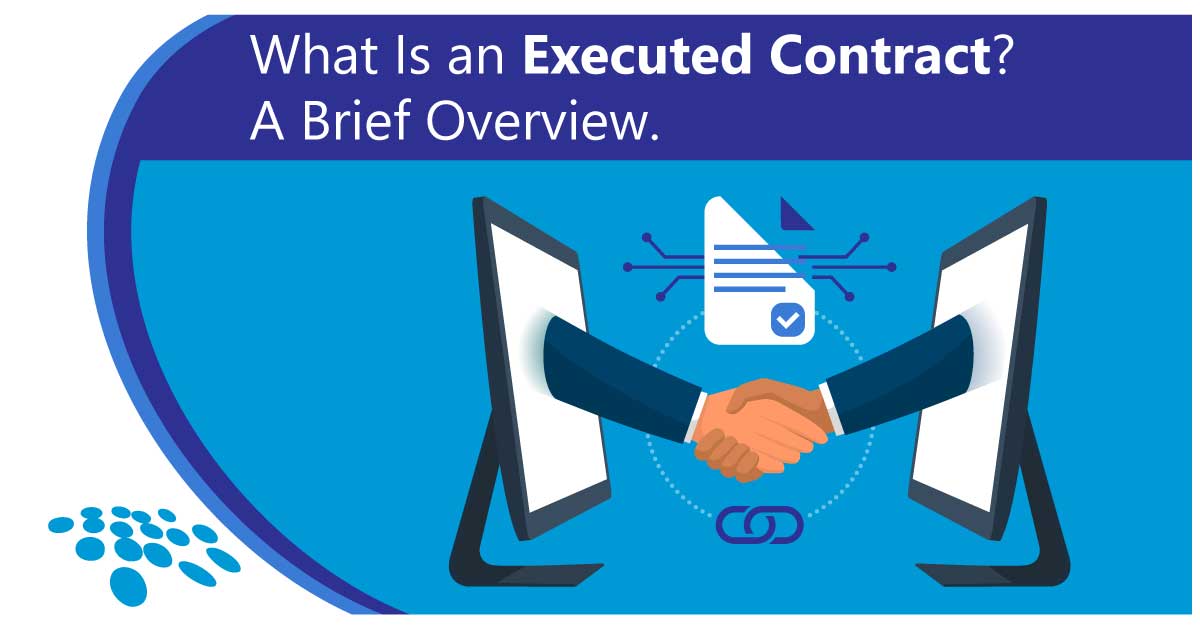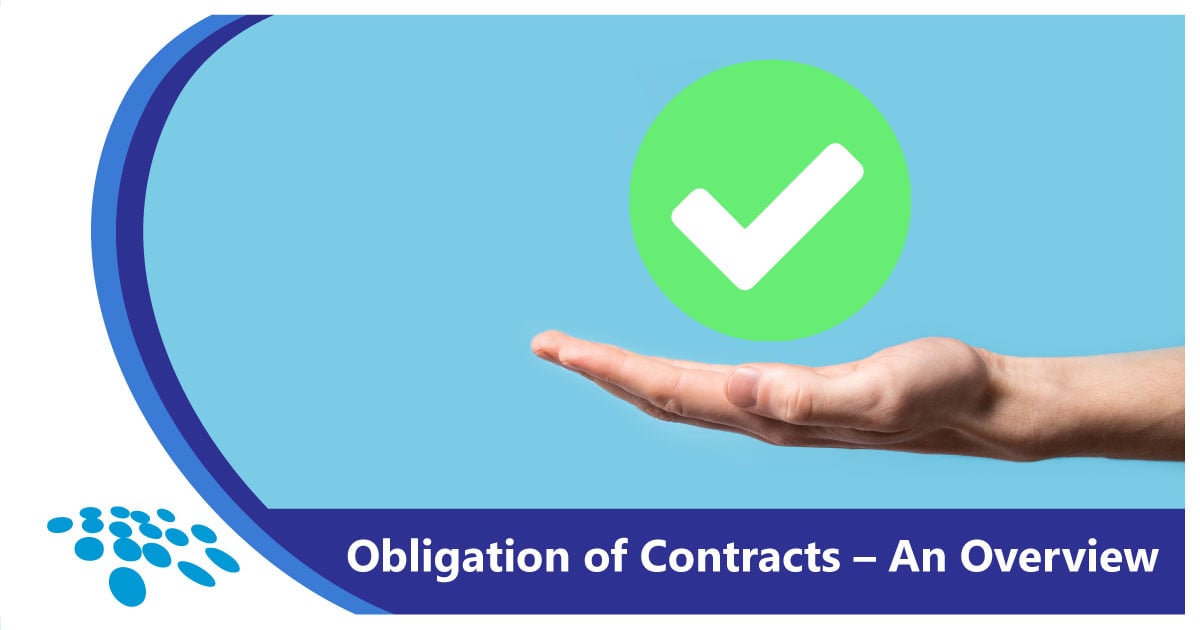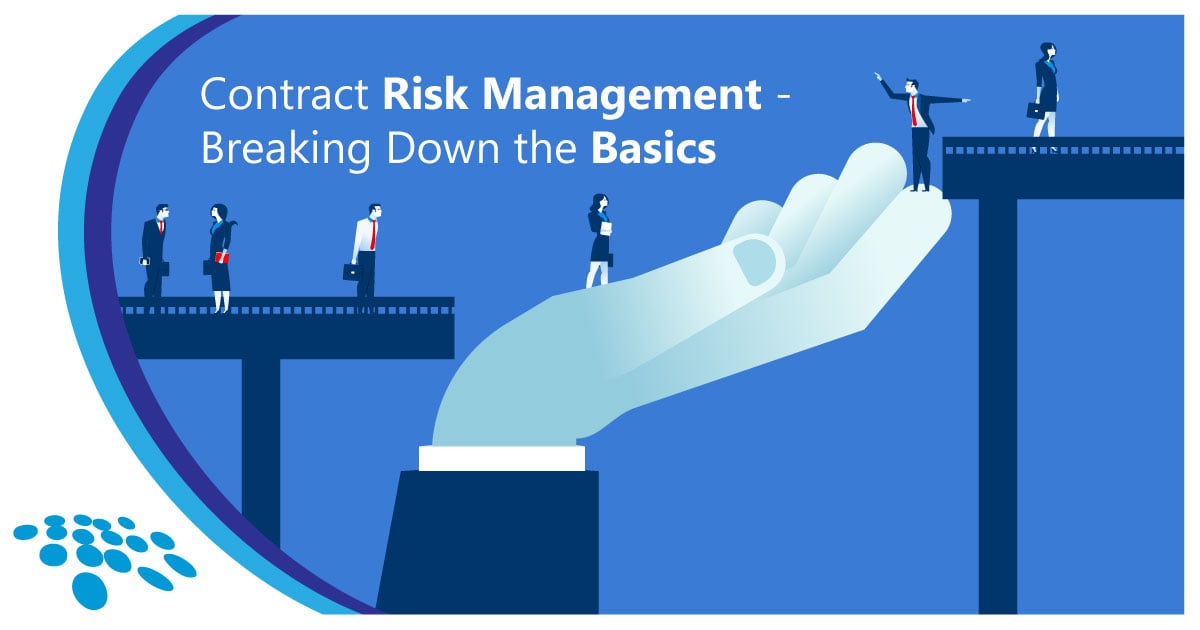
Legal operations success often hinges on the strength of your relationships. You probably work with many vendors, clients, or partners, and one key aspect of those relationships is the contract(s) that bind them. These contract relationships set the tone for how you collaborate, communicate, and execute obligations with your counterparties. As such, let's explore contractual relationships and their importance.
What is a Contractual Relationship?
A contractual relationship is an agreement between two or more parties to observe a legally binding contract. Each party sets out to fulfill obligations and/or exchange goods and/or services. When you sign a contract, you form a contract relationship. You agree with your counterparty on expectations, responsibilities, and consequences.
Contract relationships can exist across a vast array of industries and roles. If you're a service provider, your contract with a customer outlines the services you'll offer, deadlines for performance, and payment structures. On the flip side, if you're a customer, your contract tells you what to expect and what recourse you have if your counterparty fails to meet those expectations.
Why Your Contractual Relationships Matter
Every contract relationship you manage represents a piece of a large puzzle. Each contract you enter influences your organization's bottom line, reputation, legal standing, and broader business goals. A well-formed contract protects both you and your counterparty - ensuring that everyone is clear on obligations and rights.
Contracts often reflect the trust and commitment between you and your counterparty. Building strong contractual relationships can lead to more lucrative partnerships and continued success.
Common Contractual Relationship Pitfalls
Let's go over some common detriments to healthy contract relationships.
For starters, vague terms are a no-no. Ambiguity in your contracts can lead to misunderstandings and costly disputes. It's critical that you ensure every term is clearly defined. This clarity prevents conflicts and keeps contractual relationships going smoothly.
Another contract relationship pitfall is poor communication. You or your counterparty can misinterpret contracts or forget about them altogether if communication isn't consistent. You should have scheduled communications across the contract lifecycle (such as with workflows). This way, you and your counterparty remain aligned and ensure you meet expectations.
Last is the failure to review contracts. You might sign a contract and never look at it again until something goes wrong. Regularly reviewing and updating your contracts as circumstances change can save you from various troubles.
4 Steps to Building Strong Contractual Relationships
Building and maintaining strong contract relationships is not just about getting a signature; it's about ongoing relationship management. Here are a few tips.
- Be clear from the start. Set expectations early in the contract lifecycle process. Outline every detail and provide airtight clauses. Consider leveraging generative contract AI for clause generation, data extraction, clause optimization, and more.
- Communicate openly. Once a contract is signed, don't stop communicating. Regularly contact your counterparty to ensure the agreement is being honored and the contractual relationship is strong. Consider utilizing intelligent workflow automation to schedule contract reviews and check-ins proactively.
- Leverage contract management software. Managing multiple contracts can get tricky as complexity and volume grow. Contract lifecycle management software can help you efficiently organize, monitor, execute, and renew many contracts - strengthening and expanding contract relationships.
- Review periodically. Markets, businesses, institutions, and needs evolve. Make sure your contractual relationships evolve, too. Periodically review your relationships and agreements to ensure that they still serve the intended purpose.
The Best Tools to Manage Contract Relationships
Your contractual relationships are more than just formal agreements; they’re the foundation of your business dealings. By creating contracts that are clear, consistently managed, and regularly reviewed, you can build trust, minimize issues, increase revenue, and foster long-term success. It's not about getting the contract signed; it's about maintaining fruitful relationships.
To that end, you can better manage legally-contracted business relationships with the CLM tools mentioned above and the ability to:
- securely store an unlimited amount of contracts within a contract repository.
- create custom and ad-hoc contract management reports.
- simplify contract search with CobbleStone® QuickSearch.
- utilize generative contract AI for clause creation, chatting with a chatbot, auto-redlining, and more.
- leverage AI-based contract data extraction, field mapping, and clause matching.
- streamline CLM with intelligent contract workflow automation.
- increase visibility with contract management dashboards and calendars.
- track contract financials to control contract spend and manage contract budget.
- supercharge contract drafting with pre-approved templates and clauses.
- enhance contract collaboration and contract redlining.
- expedite contract approvals and contract signing with integrated eSignature software.
- and much more.
Learn more by booking a free, risk-free demo of CobbleStone Contract Insight® today!












